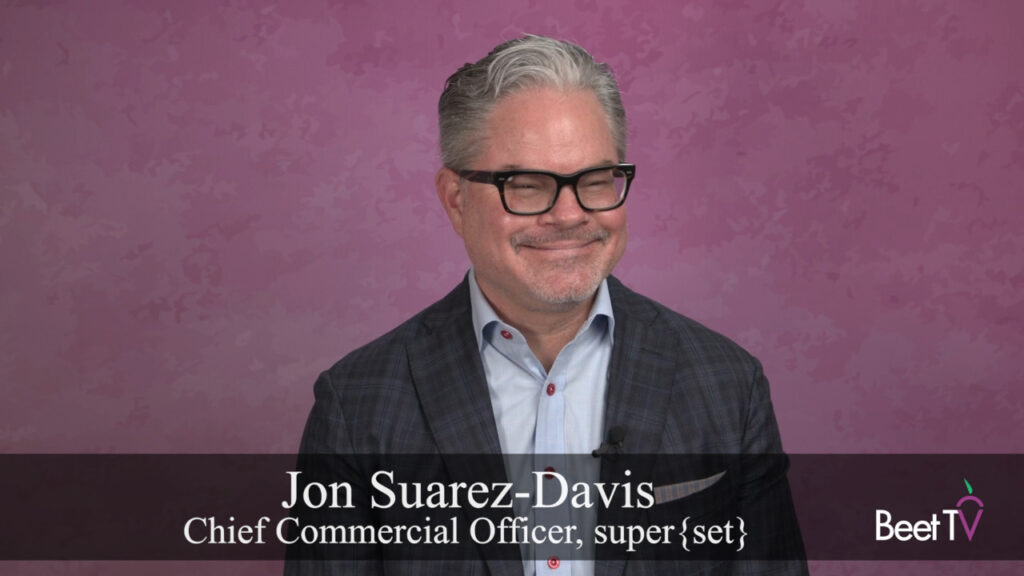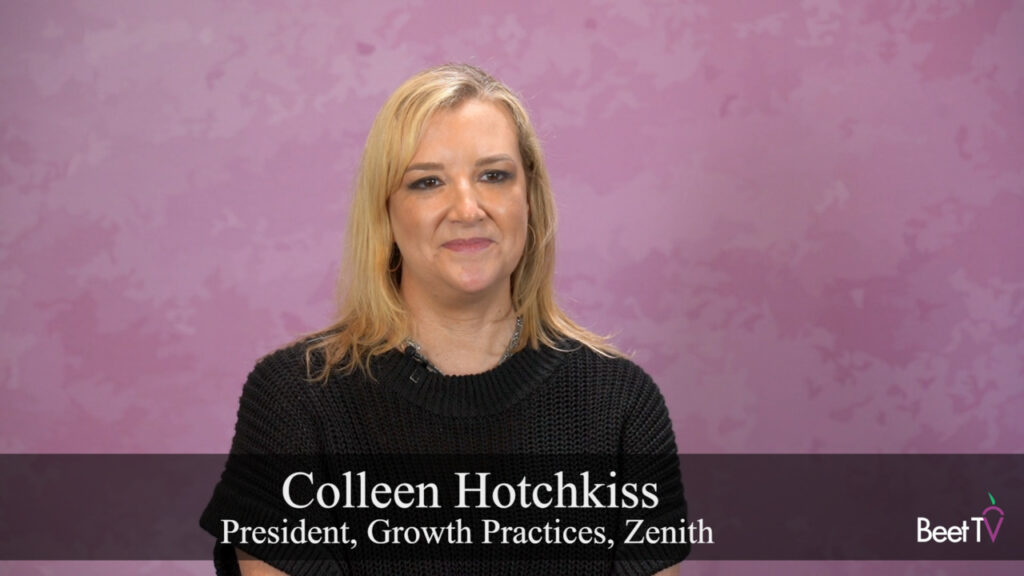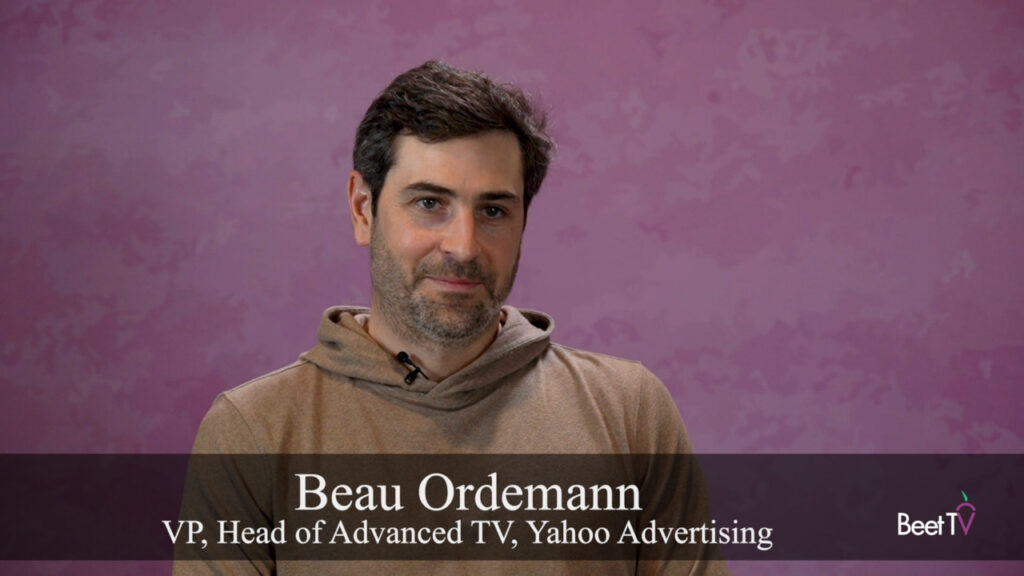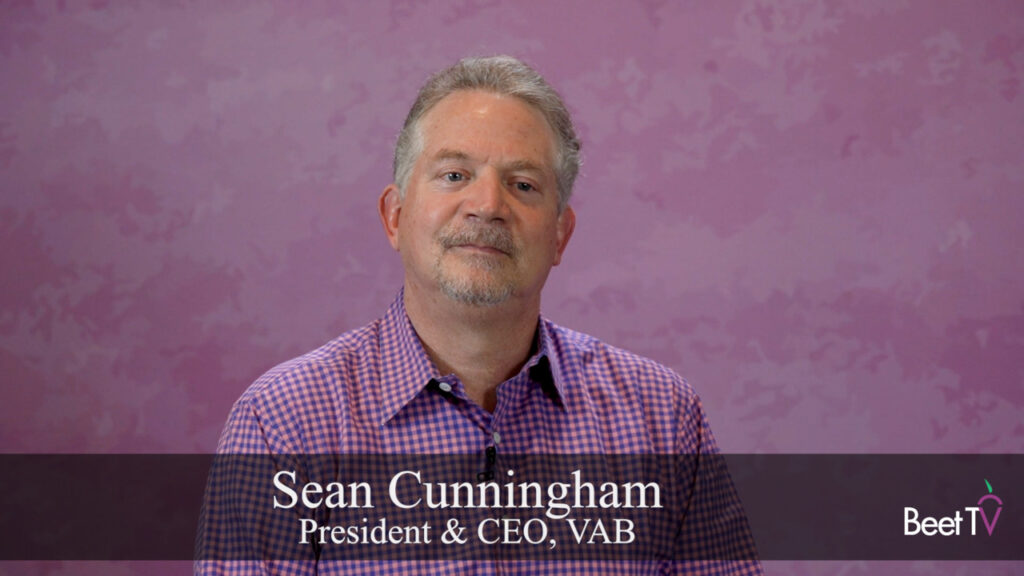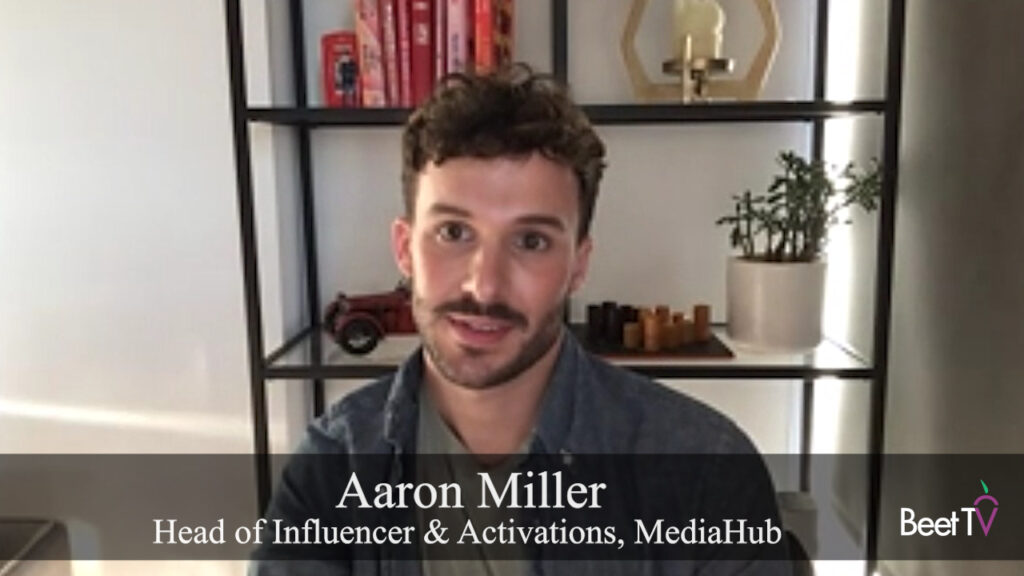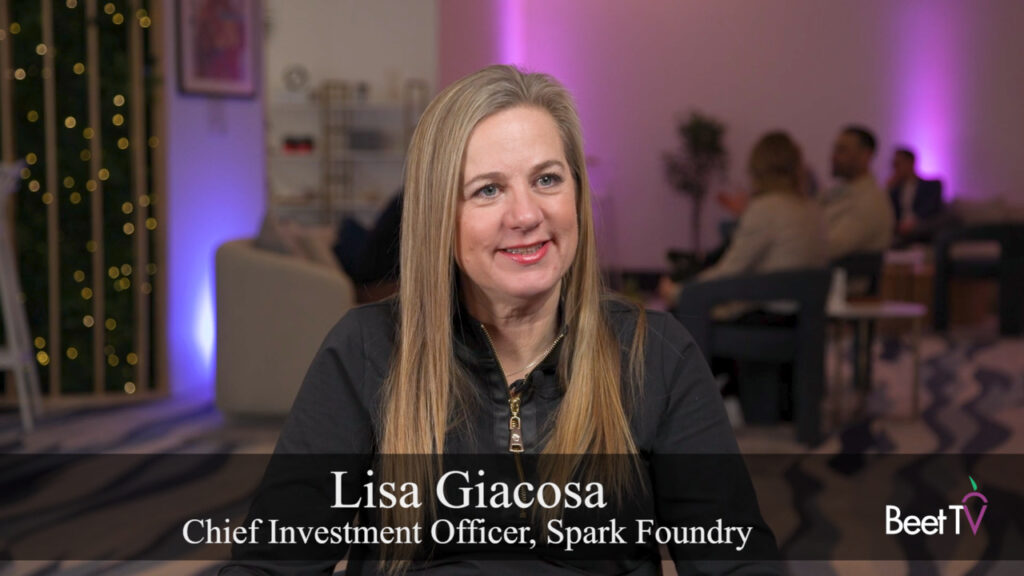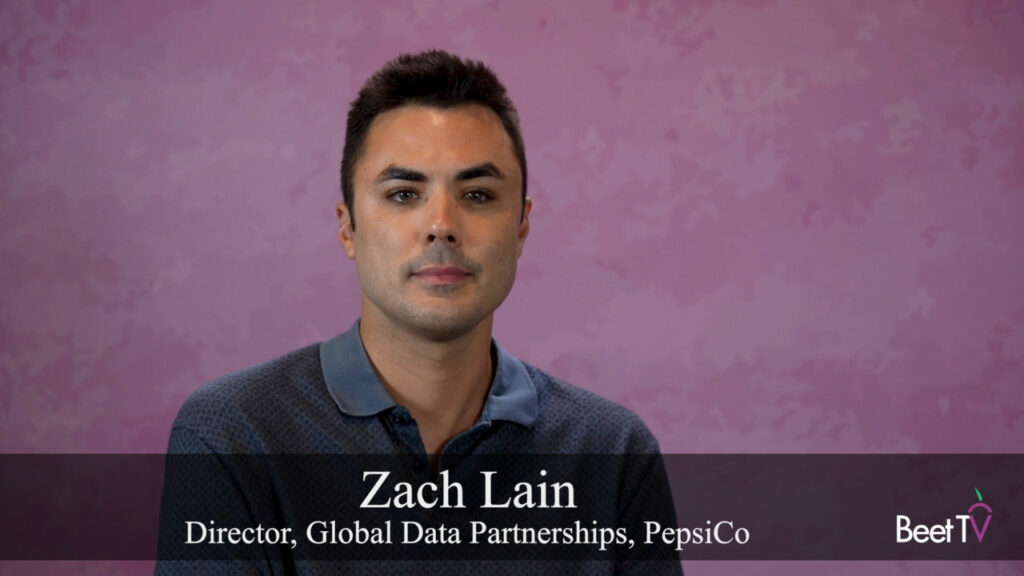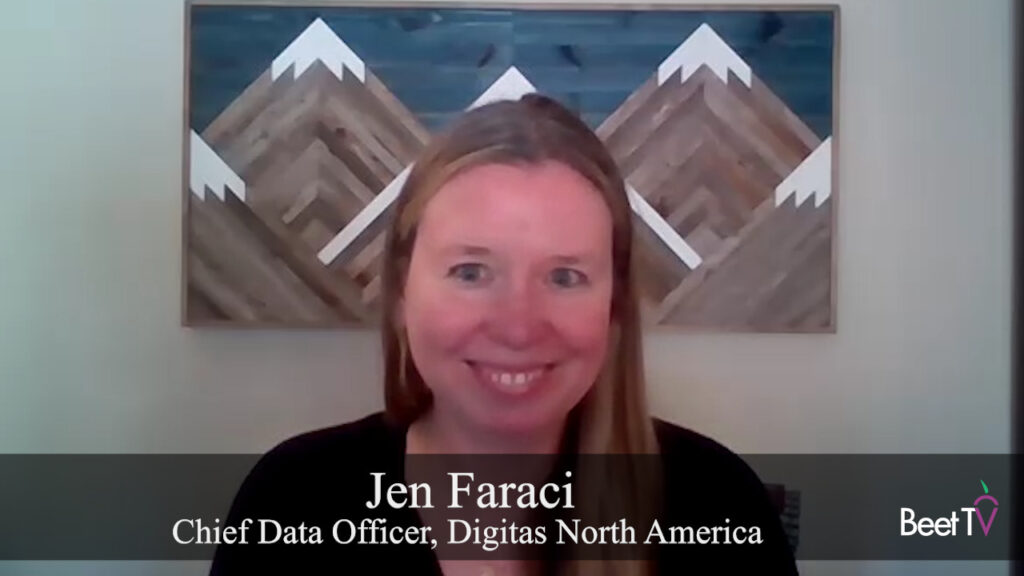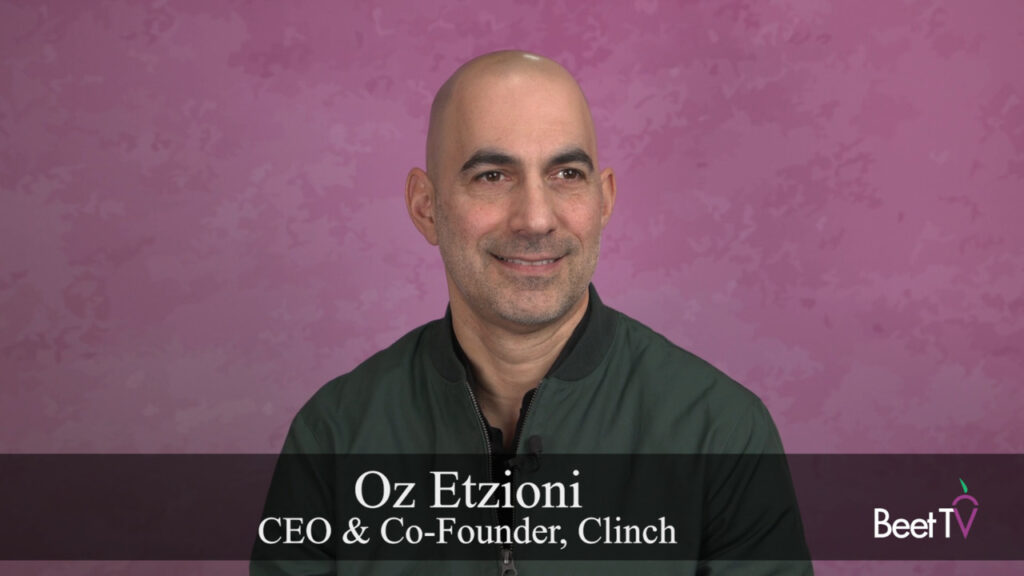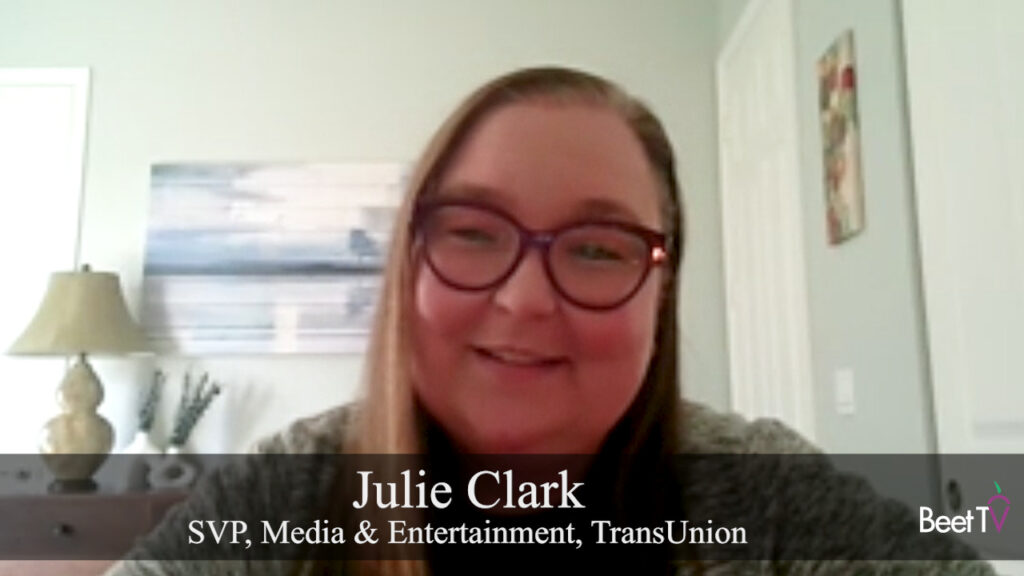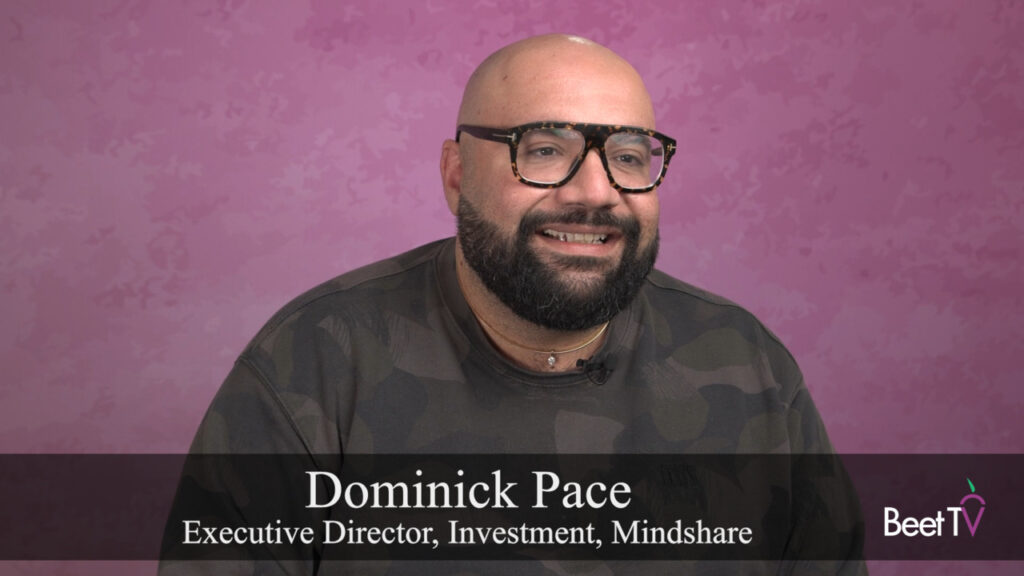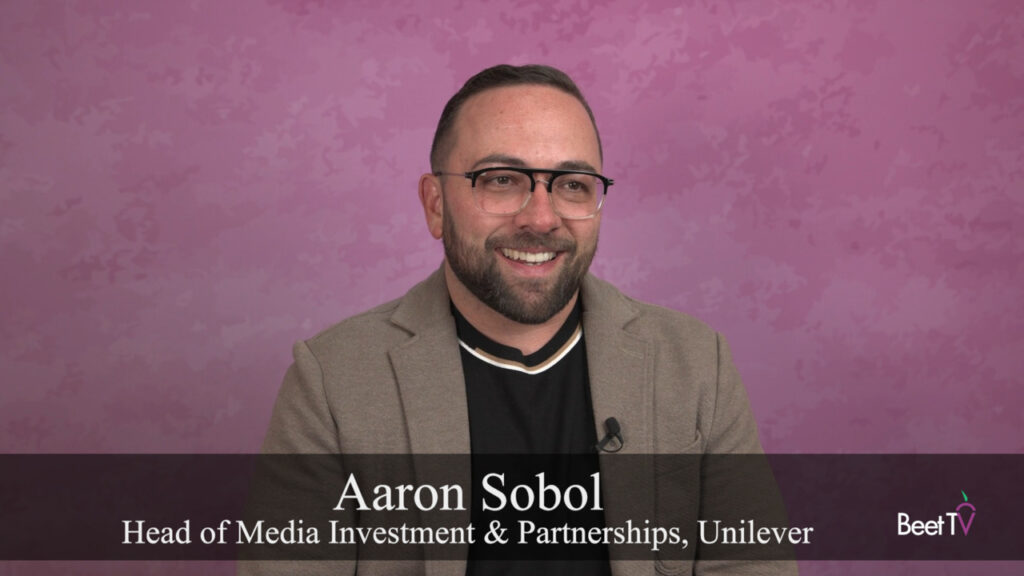PALM SPRINGS, Calif. — A new, “business-friendly” US presidential administration will be “very positive” for the digital media and advertising industry, according to the digital ad industry’s representative body.
The change in leadership brings a new approach to regulation, particularly at the Federal Trade Commission (FTC), where a new chair is expected to adopt a more “sensible” stance compared to the previous administration, according to Lartease Tiffith, EVP of public policy at the Interactive Advertising Bureau (IAB).
“For the last four years, we’ve been under a lot of scrutiny from the past administration, who seemed to think that all business is bad,” said Tiffith in this video interview with Beet.TV. “So now we’re heading into a more business-friendly environment, which I think is going to be great for for our industry.”
Federal privacy law a top priority
One of the key areas of focus for the IAB in 2025 is the pursuit of a federal privacy law. With over 20 state privacy laws already in place, the organization aims to establish a unified national standard. Tiffith highlighted the IAB’s success in harmonizing state laws, particularly regarding opt-out mechanisms for targeted advertising and consumer rights such as access and deletion.
“We’ve been really good about harmonizing them, and we want to do the same thing on a federal level,” Tiffith said. “Because, while there is largely harmonization, it does require a compliance burden for businesses.”
The IAB believes a federal law, mirroring existing state regulations, is achievable in the next few years and would alleviate compliance burdens for businesses.
Protecting Section 230
Another crucial issue for Tiffith and the IAB is the defense of Section 230 of the Communications Decency Act. This provision protects online platforms from liability for user-generated content. Tiffith emphasized the importance of Section 230 for the growth of the internet and the protection of businesses of all sizes.
“Section 230 provides protection for businesses who provide services to people, and if those people misabuse those services, the person who provided the services is not held liable for it,” he said. “It’s basically allowed for our internet to grow to where it is today.”
The IAB aims to preserve these protections, particularly in light of the evolving digital landscape and the emergence of artificial intelligence. Weakening or removing these protections would disproportionately harm smaller businesses, hindering innovation and growth, Tiffith told Tameka Kee, correspondent, Beet.TV.
You’re watching Beet.TV coverage of IAB ALM 2025. For more videos from this series, please visit this page.





















